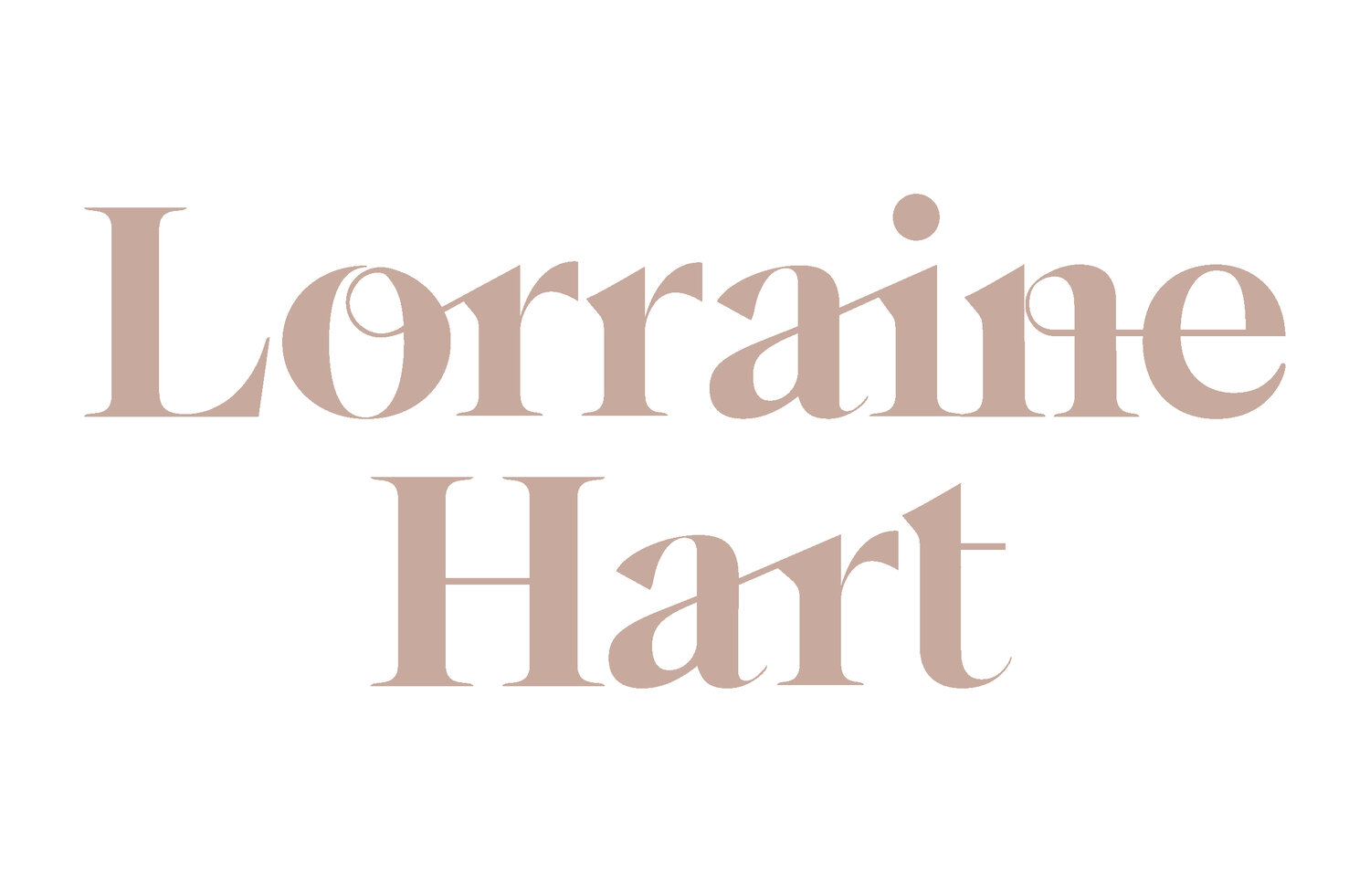ACNE CLEAR SKIN
WHAT IS ACNE ? HOW YOU CAN HELP CLEAR IT UP?
Skin Care Advice for Acne & Acne prone skin.
Acne can erupt at any age. The underlying problem is that oil, hair, and dead skin cells plug a follicle in the skin, providing the environment for bacteria already on the skin to spread into the follicle.
There are different degrees of acne, mild acne, inflammatory acne and cystic acne.
Mild acne and inflammatory acne can be treated with over the counter skin products and acne skin care products. Cystic acne is more serious and you will need to see a Dermatologist (doctor who specialises in skin disorders)
What causes acne?
Genetics - Having a tendency to a naturally oily skin. Family history of acne.
Hormones - are particularly active when you’re a young adult and can be a cause but also during other times such as menopause and also pregnancy.
Stress - can play a major role in causing acne and making it much worse. Changing your lifestyle to manage stress levels is really important, doing things that help you relax is important such as, meditation, exercise, yoga, walking in nature, listening to music etc.
Diet - Some people also believe that certain foods can spark an acne breakout. Research suggests that high glycemic diets, that are high in sugar and those high in dairy, can worsen acne. Doing a gut cleanse is highly recommended. Ask me for more advice.
If you’re prone to acne, your goal is to avoid blockages in the first place. Making sure your pores don’t get plugged is actually somewhat complex due to the myriad products out there making all sorts of claims.
The ingredients that specifically help and that you need to look for in your products are the following:
Benzoyl peroxide - attacks the bacteria on your skin and helps to unclog pores by removing dead skin to prevent blockages.
Salicylic acid - works by loosening the skin breaking down the skin cells causing deep exfoliation of skin and unclogging the pores.
Sulphur - helps to dry out the surface of your skin to help absorb excess oil (sebum) that may contribute to acne breakouts. It also dries out dead skin cells to help unclog your pores. Sulphur is best for a more sensitive skin and for mild acne.
Niacinamide (B3) - helps to regulate oil secretion, has antibacterial effects, strengthens the barrier function of the skin, reduces redness from inflammation, minimises pore appearance, and reduces pigmentation.
Having a good skin care routine is essential in helping to keep the skin clean, and the pores unclogged.
Professional Treatments are also very helpful to help clear up acne. The treatment plan will involve a mix of the following treatments:
Deep cleanse facial with ozone & steam - ozone is antibacterial and steam helps to soften the pores aiding with black head removal.
Microdermabrasion - gentle exfoliation to help with scarring and pitting and to reduce blackheads.
Skin Peels - Salicylic and Glycolic are the best at cleaning the pores and reducing oil and bacteria.
LED Light Therapy - blue light helps to reduce inflammation and destroy bacteria on the skin
In some cases, severe and cystic acne you will be advised to see your GP.
If you’re prone to acne, your goal is to avoid blockages in the first place. Making sure your pores don’t get plugged is actually somewhat complex due to the myriad products out there making all sorts of claims.
The ingredients that specifically help and that you need to look for in your products are the following:
Benzoyl peroxide - attacks the bacteria on your skin and helps to unclog pores by removing dead skin to prevent blockages.
Salicylic acid - works by loosening the skin breaking down the skin cells causing deep exfoliation of skin and unclogging the pores.
Sulphur - helps to dry out the surface of your skin to help absorb excess oil (sebum) that may contribute to acne breakouts. It also dries out dead skin cells to help unclog your pores. Sulphur is best for a more sensitive skin and for mild acne.
Niacinamide (B3) - helps to regulate oil secretion, has antibacterial effects, strengthens the barrier function of the skin, reduces redness from inflammation, minimises pore appearance, and reduces pigmentation.
Having a good skin care routine is essential in helping to keep the skin clean, and the pores unclogged.
Professional Treatments are also very helpful to help clear up acne. The treatment plan will involve a mix of the following treatments:
Deep cleanse facial with ozone & steam - ozone is antibacterial and steam helps to soften the pores aiding with black head removal.
Microdermabrasion - gentle exfoliation to help with scarring and pitting and to reduce blackheads.
Skin Peels - Salicylic and Glycolic are the best at cleaning the pores and reducing oil and bacteria.
LED Light Therapy - blue light helps to reduce inflammation and destroy bacteria on the skin
In some cases, severe and cystic acne you will be advised to see your GP.
How long will it take to clear my acne?
Treating acne takes time, it will involve consistency and investment. One treatment will not cure acne. It usually takes a course of 6 to 12 treatments to see change along with a careful skin care regime at home. It's always advised to not pick or touch acne lesions or spots as you may infect them or cause bacteria to spread around the face. In a professional treatment all extraction is undertaken in sterile conditions, i.e. gloves worn, clean tissues and the use of antibacterial products.
Ingredients to avoid:
isopropyl myristate and derivatives, such as
isopropyl palmitate
isopropyl isostearate
butyl stearate
isostearyl neopentanoate
myristyl myristate
decyl oleate
octyl stearate
octyl palmitate
isocetyl stearate
propylene glycol-2 (PPG-2) myristyl propionate
lanolins, especially: acetylated
ethoxylated lanolins , D&C red dyes

